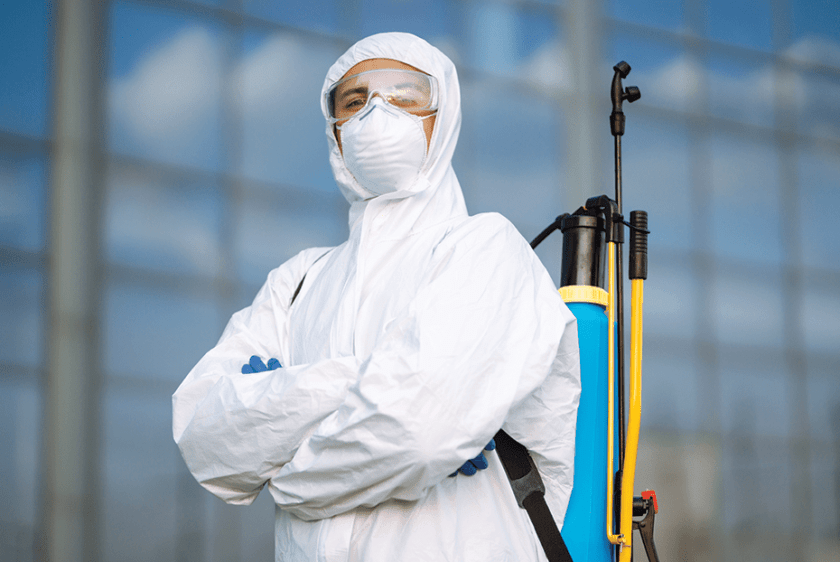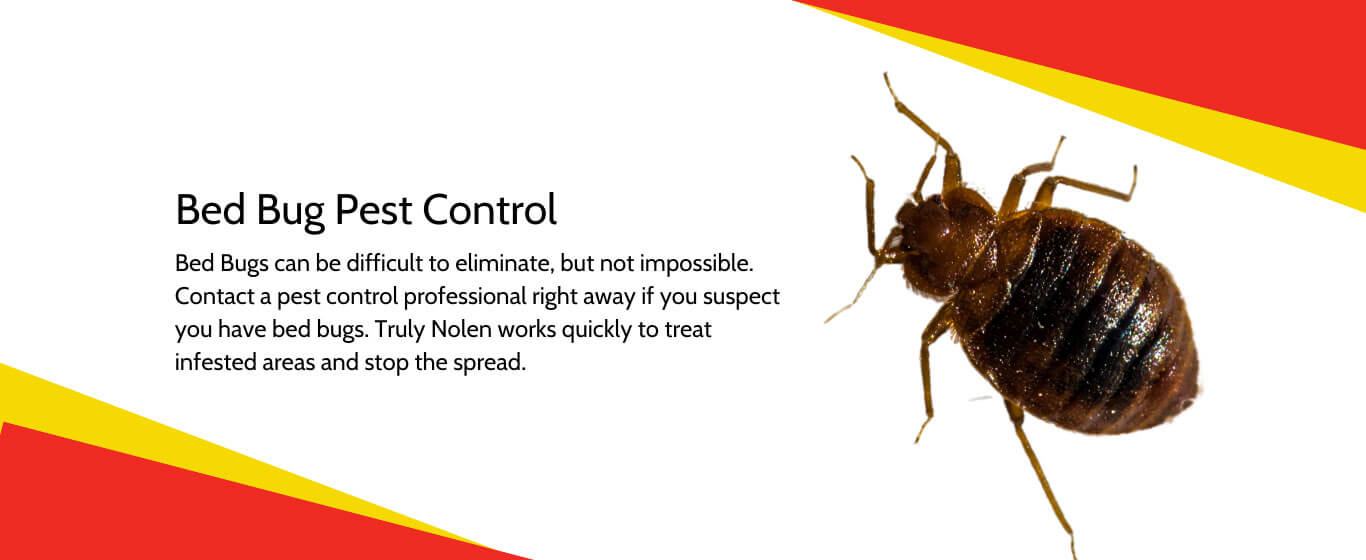Safe and Trusted Parasite Control for Lasting Security
The significance of secure and trustworthy bug control can not be overemphasized, particularly in an age where environmental problems are vital. Effective insect management requires a diverse strategy that stabilizes eco-friendly stability with the need for effective insect reductions. By discovering green options and incorporated pest monitoring strategies, homeowners can accomplish enduring protection against invasive varieties while guarding valuable ecosystems. The subtleties of these methods may not be instantly clear, prompting a more detailed exam of the techniques that can lead to sustainable parasite control outcomes. What steps can be taken to make certain both safety and security and effectiveness in parasite monitoring?
Comprehending Pest Control Approaches
Insect control incorporates a range of techniques targeted at handling and removing undesirable pests and rodents that can intimidate both health and residential or commercial property. Recognizing these methods is vital for reliable bug monitoring.
The main categories of parasite control approaches include mechanical, biological, and chemical methods. Mechanical methods involve physical obstacles and traps to avoid bug entrance and capture undesirable species. Utilizing displays on home windows or using sticky traps can significantly decrease parasite populaces without presenting unsafe compounds - exterminator coquitlam.

Chemical bug control is usually the most acknowledged technique, making use of pesticides to get rid of insects. These chemicals can be effective but need to be utilized with care to stay clear of adverse effects on non-target species and the setting.
Advantages of Eco-Friendly Solutions
Just how can green services transform parasite control techniques? The adoption of eco-friendly bug control methods uses various advantages, considerably enhancing the effectiveness and security of insect monitoring.

An additional advantage is the positive effect on local biodiversity. Green solutions are made to target certain pests while preserving beneficial pests and wildlife, promoting a well balanced ecological community. This technique aligns with the growing consumer need for sustainable methods, boosting the reputation of insect control carriers.
Integrated Pest Management Strategies
The application of environment-friendly options naturally results in the adoption of Integrated Bug Management (IPM) techniques, which additionally enhance insect control efficiency. IPM is a holistic strategy that incorporates numerous tactics to handle parasite populaces while reducing environmental impact. This technique stresses using biological, cultural, mechanical, and chemical controls, guaranteeing a sustainable and balanced technique of insect monitoring.
One fundamental facet of IPM is the detailed evaluation of bug activity and environmental conditions. By checking bug populaces and identifying their Read Full Report life process, practitioners can carry out targeted interventions that interrupt the insect's environment or lifecycle, reducing dependence on chemical pesticides. In addition, cultural methods such as crop turning and habitat control can considerably diminish insect facility and reproduction.
One more important component is making use of organic control representatives, such as valuable bugs or microorganisms, which can normally reduce parasite populaces. When chemical applications are essential, IPM prioritizes using low-risk pesticides and applies them selectively, decreasing exposure to non-target organisms and humans.
Including IPM approaches not just improves parasite control efficiency yet additionally advertises a more secure ecosystem, straightening with rats the expanding demand for lasting practices in bug monitoring.
Safe Practices for House Owners
Understanding the relevance of secure practices in pest control can encourage homeowners to efficiently take care of insect issues while securing their wellness and the atmosphere. Implementing safe techniques and safety nets is critical in reducing exposure to unsafe chemicals.
House owners need to first evaluate their environment for problems that bring in insects, such as standing water, clutter, and food waste. Consistently cleaning and securing entry factors can discourage bugs from invading the home. Utilizing all-natural deterrents, such as vital oils or diatomaceous earth, can offer efficient options to chemical pesticides.
When chemical treatments are required, house owners need to choose for items that are especially labeled as secure for household use. It is necessary to adhere to application guidelines meticulously to stay clear of too much exposure. Using targeted treatments in locations where pests are identified, instead than covering splashing, can dramatically lower chemical usage.
Finally, preserving open communication with parasite control experts is essential. House owners must ask about the safety of items made use of and request eco-friendly alternatives whenever feasible. By taking on these secure methods, house owners can develop a my sources healthier living setting while efficiently taking care of bug issues.

Tips for Long-Term Security
Establishing a parasite administration approach that stresses long-term defense can substantially improve the performance of the secure methods formerly reviewed. To attain this, homeowners should implement routine assessments of their home, concentrating on hidden areas such as attics, basements, and crawl areas. Early discovery of pest task is crucial in avoiding invasions from taking hold.
These practices reduce attractants that draw insects right into the home. Sealing access points, such as splits around home windows and doors, can effectively block potential insect access.
Landscape design needs to additionally be taken into consideration; keeping plants cut and keeping a range between plants and the home decreases hiding places for bugs. Using natural deterrents, such as vital oils or diatomaceous planet, can additionally inhibit invasions without turning to harsh chemicals.
Last but not least, collaborating with a professional parasite control service for regular analyses can offer an additional layer of security. These specialists can supply customized referrals and progressed treatments, guaranteeing that your home continues to be secured against parasites in the long term.
Conclusion
To conclude, trusted and secure insect control calls for a complex approach that stresses eco-friendly techniques and integrated pest administration. By executing natural deterrents, conducting regular assessments, and maintaining appropriate sanitation, homeowner can substantially lower bug populations while shielding advantageous pests and the setting. Cooperation with specialist parasite control solutions improves the performance of these methods, guaranteeing customized remedies that offer long lasting defense and peace of mind against future invasions.
Reliable insect management calls for a diverse strategy that stabilizes environmental stability with the requirement for reliable pest reductions. The fostering of environmentally friendly bug control techniques provides various benefits, substantially improving the performance and safety and security of parasite management.The execution of green options normally leads to the adoption of Integrated Insect Administration (IPM) techniques, which better boost parasite control effectiveness. exterminator coquitlam. By checking pest populations and identifying their life cycles, experts can apply targeted interventions that interfere with the parasite's environment or lifecycle, lowering reliance on chemical pesticides.In conclusion, safe and trustworthy insect control needs a multifaceted strategy that highlights green approaches and integrated pest management